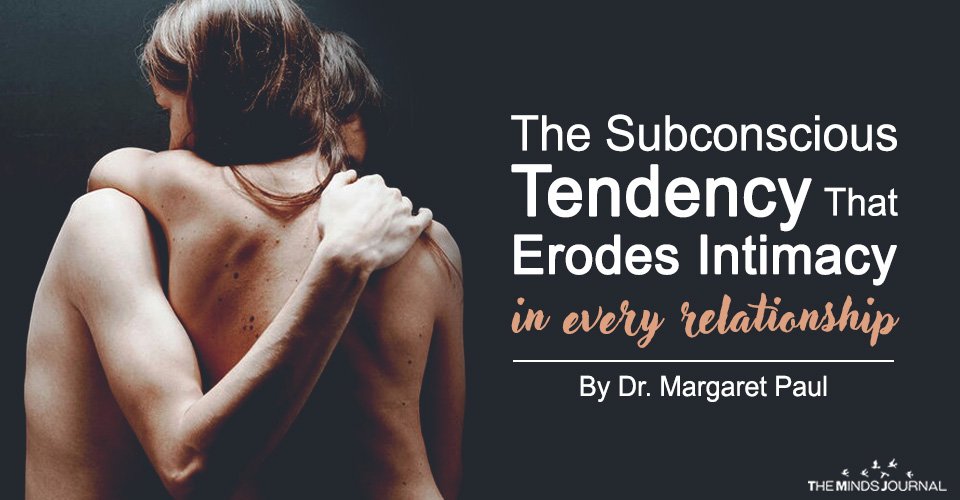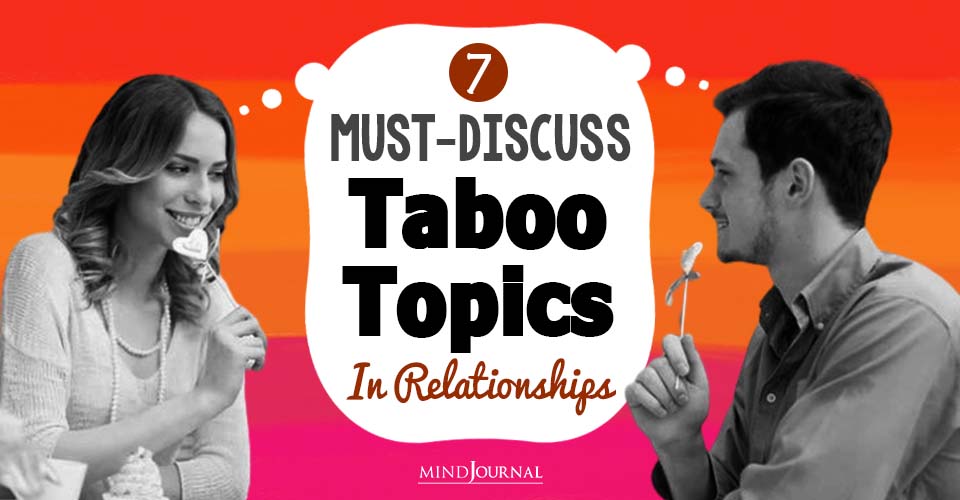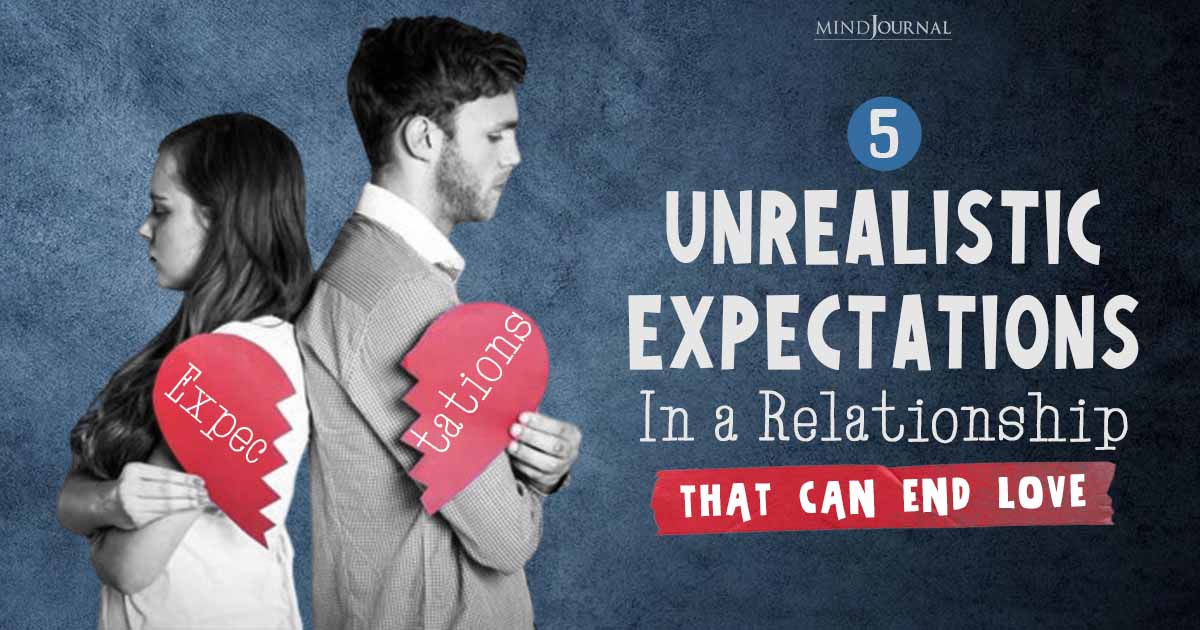One of the major causes of relationship problems—perhaps the biggest—is judgment. By that, I mean self-judgment as well as the judgment of others. Self-judgment is a common form of self-abandonment. When we judge ourselves, we generally judge others, and vice versa.
The programmed part of us, our ego-wounded self, often believes that self-judgment and judgment of others motivate change. But if you actually examine the results of judgment, you will see that the opposite is true. When you judge yourself, you’ll likely discover that it actually makes you feel anxious, depressed, guilty, or shamed. You won’t perform nearly as well as when you feel happy and peaceful and have a deep sense of self-worth.
So, what happens between you and a partner, child, friend, or co-worker when you judge yourself or judge them?
When we judge others, we often then project onto them that they are judging us, and when we judge ourselves, we feel insecure around others. The truth is that nothing good ever comes from self-judgment or judgment of others. It makes us feel bad and creates unloving relationships.
Even judgmental thoughts have a negative effect because they affect your frequency. It’s your frequency (which I like to think of as the place from which you react to yourself and others) that determines whether or not you can lovingly connect with others. When you are judgmental toward yourself or others, your frequency is low. You are operating from the ego and your heart is closed; you can’t connect with yourself or others when your heart is closed.
How do you stop letting your ego run the show?
If you want loving and connected relationships, then you need to start by noticing your thoughts. You can’t stop judging unless you are aware that you’re doing it. It’s not uncommon for judgmental thoughts of yourself and others to be automatic—not even conscious.
Years ago, I realized that much of my anxiety was coming from self-judgments and judgments of others. I started to practice noticing this without judging myself. It took a while, but I finally stopped judging myself and others, and that has been life-changing for me.
As you become conscious of your judgments, you then have the choice to shift your thinking to acceptance, compassion, and forgiveness. Whenever you are accepting of yourself and others, and you have compassion for yourself and others, and you forgive yourself and others for making mistakes and being human, your frequency is high and your heart is open. In these times, you’ll find it easy to lovingly connect with yourself and with others.
The actions that result from being judgmental and the actions that result from being accepting, compassionate, and forgiving are completely different. Actions come from thoughts, so judgmental thoughts lead to controlling and rejecting behavior, while acceptance, compassion, and forgiveness lead to loving behavior.
It’s not just about connecting with others. It’s about truly loving and accepting yourself.
The other enormous benefit of raising your frequency by moving out of judgment and into acceptance, compassion, and forgiveness is that you will naturally start to experience the love and guidance that is always with you. We are always being lovingly guided toward our highest good and the manifestation of our dreams by our spiritual guidance—but our guidance can’t reach us when our heart is closed, and judgment always closes the heart. Life changes dramatically when you know that you are never alone and that you are always being guided toward peace, joy, and the manifestation of your dreams.
I hope you can see that this one major change in your thinking has a huge impact on your life and in all your relationships. I encourage you to consider starting to notice what judgment creates in your life and your relationships and to begin consciously shifting to acceptance, compassion, and forgiveness.
Written by Margaret Paul, PhD For information or to schedule a phone or Skype session: 310-459-1700 • 888-646-6372 (888-6INNERBOND) http://www.innerbonding.com
You may also like
Intimacy Is Not Just Physical, It Is The Deep Bond Of Knowing
Emotional Safety is Necessary for Emotional Connection
The Dance Between Intimacy and Independence in Marriage
6 Steps To Becoming An Emotionally Available Lover
13 Things Emotionally Mature Men Do
Emotionally Intelligent Husbands Are Key To A Lasting Marriage
2 Hidden Ways We Sabotage Intimacy In The Relationship We Want
7 Ways To Make Love To Your Partner Without Having sex








